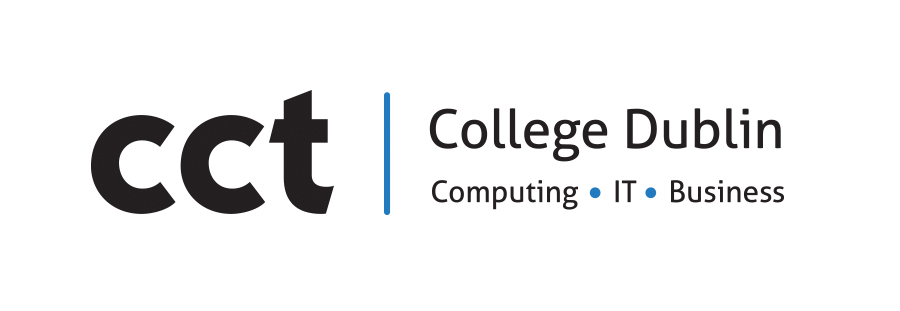30th Sep 2014
University leaders say there is a need for “urgent action” on a new funding regime for higher education and today marks the start of a concerted campaign by them on the issue.
The Irish Universities Association (IUA) has brought in international experts to review the challenges facing third-level in Ireland – particularly who should foot the rising bill.
It will hear of the pressures on higher education in Ireland, that funding can no longer depend on State investment, and that there must be a greater contribution from private sources.
One private source is the fee paid by students, which currently stands at €2,750 annually, although there could also be more investment from industry and philanthropic donations.
An argument used to support higher fees is the financial rewards of holding a degree and, in many other countries, students pay more through a loan system, repaying the cost after they graduate.
Among those addressing the conference is Education Minister Jan O’Sullivan, providing an opportunity for her to outline, for the first time, her thoughts on a particularly thorny issue for a Labour minister, because of the potential implications for hard-pressed families.
Universities and other colleges are struggling financially arising from growing student numbers coupled with a decline in State funding.
The funding constraints are being blamed for the decline in the standing of Irish universities in international rankings.
Since 2008, there has been a 33pc decrease in Exchequer support to meet colleges’ day-to-day costs – down from €1.39bn to €938.9m.
Over the same period, the total income per student received by colleges dropped by 22pc, and the student to staff ratio is 19:1, compared with an average 14:1 across the rest of the developed world.


